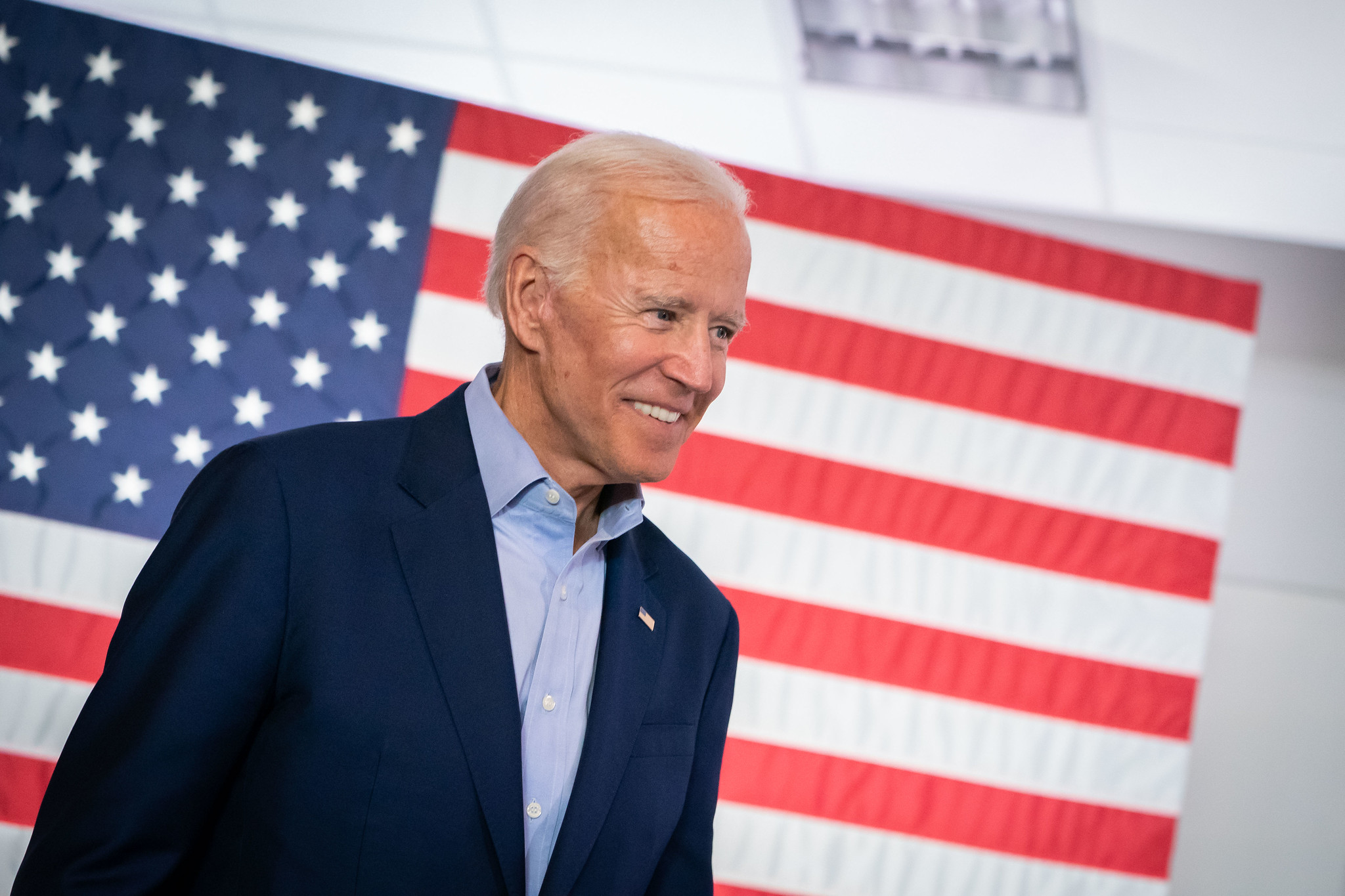Written by: Kimberly White
The United States of America is returning to the Paris Agreement.
Hours after assuming office, President Joe Biden signed an executive order to reinstate the U.S. to the global climate accord, a process which will take 30 days.
The move marks the first major climate action from the newly elected Biden Administration, making good on his campaign promise.
The previous U.S. Administration began the process to withdraw from the Paris Agreement in 2019. The controversial move was met with widespread condemnation from world leaders and environmental groups. The United States officially withdrew from the Paris Agreement in November 2020.
“I warmly welcome President Biden’s steps to re-enter the Paris Agreement on Climate Change and join the growing coalition of governments, cities, states, businesses and people taking ambitious action to confront the climate crisis,” said António Guterres, UN Secretary-General. “We look forward to the leadership of the United States in accelerating global efforts towards net zero, including by bringing forward a new nationally determined contribution with ambitious 2030 targets and climate finance in advance of COP26 in Glasgow later this year.”
The United States’ recommitment to the Paris Agreement has been well-received by world leaders.
“By putting the climate emergency at the core of their administration, Joe Biden and Kamala Harris have more than just a chance to bring America back into [the] Paris Agreement. They can save the planet as we know it. From the frontlines in Fiji, that commitment can’t come soon enough,” said Frank Bainimarama, Prime Minister of Fiji.
French President Emmanuel Macron welcomed the U.S. back into the Paris Agreement.
“We are together. We will be stronger to face the challenges of our time. Stronger to build our future. Stronger to protect our planet,” Macron stated.
Following reinstatement, the United States will need to submit a new nationally determined contribution (NDC). As the world’s second-largest emitter, it is imperative that the United States raise its climate ambitions and lead by example.
“Rejoining the Paris climate agreement is a no-brainer for President Biden, and a move we’re glad to see him take on day one in office. But, if the whole world is going to reach net-zero emissions by 2050, the United States has a responsibility to go deeper and get there much faster,” said Janet Redman, Greenpeace USA Climate Campaign Director. “Rejoining the Paris agreement is the floor, not the ceiling, for the Biden Administration on climate.”
President Biden has proposed an ambitious climate plan. Biden has pledged to cut U.S. emissions to achieve net zero emissions by no later than 2050. The Biden Administration wants to encourage other nations to create more ambitious commitments to fight the global climate crisis. Hoping to build on the Obama Administration’s past achievements, President Biden aims to spearhead a global ban on fossil fuel subsidies.
The Biden Administration’s climate efforts are off to a promising start. Biden has assembled a team to carry out efforts to address the climate emergency. Members of the team include the former head of the U.S. Environmental Protection Agency, Gina McCarthy, Congresswoman Deb Haaland, Pete Buttigieg, Michael Regan, and former Secretary of State, John Kerry.
Kerry will serve as the Special Presidential Envoy for Climate. One of the leading architects of the Paris Agreement, the 68th Secretary of State signed the historic climate agreement on behalf of the United States in 2016.
In his role as Special Envoy for Climate, Kerry will spearhead the Biden Administration’s climate efforts and will sit on the National Security Council. Kerry’s appointment marks the first time that the National Security Council will have a member focused solely on the climate crisis.
Former head of the EPA Gina McCarthy will serve as the first-ever National Climate Advisor. McCarthy left her role as the President and CEO of the National Resources Defense Council (NRDC) to lead the newly established White House Office of Domestic Climate Policy. The White House Office of Domestic Climate Policy is tasked with coordinating a National Climate Taskforce consisting of agency and office heads to deliver an all-of-government response to the climate emergency, according to a statement from the NRDC.
“This puts climate action, for the first time, front and center on the agenda for every agency in the federal government,” said McCarthy. “I look forward to working with the new president and his team to restore U.S. climate leadership at home and abroad and to advance the equitable, job-creating climate solutions we need.”
Header Image Credit: Adam Schultz/Flickr (CC BY-NC-SA 2.0)







